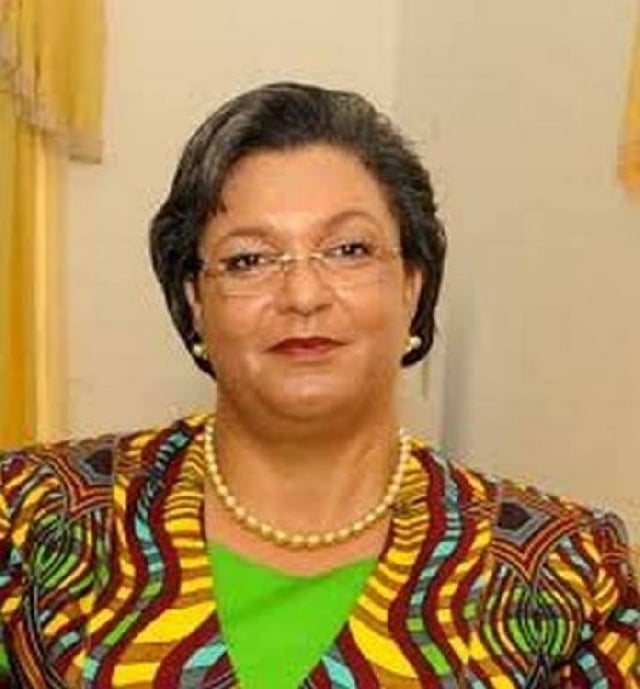Former Minister of Foreign Affairs and current Member of Parliament for Awutu-Senya West, Hannah Serwaa Tetteh, has made headlines with her critiques of the Ghanaian Supreme Court’s ruling, which reversed Speaker of Parliament Alban Bagbin’s decision to expel four Members of Parliament. In a recent Facebook post, Tetteh raised crucial questions regarding the justices’ approach to decision-making, specifically whether they consider public sentiment and the wider societal impact of their rulings. Her concerns are particularly pronounced in politically charged cases, reflecting an increasing unease around the judiciary’s role in preserving democratic stability in Ghana, especially in the lead-up to elections.
As the United Nations Secretary-General’s Special Envoy for the Horn of Africa, Tetteh brings an international perspective to her remarks, emphasizing the significant responsibility of the judiciary in maintaining order and fairness in Ghana’s political landscape. She seeks to emphasize the importance of striking a balance between the letter of the law and the societal context in which it operates. Her inquiries about the decision-making process of the justices are rooted in a desire to understand whether they reflect on the potential consequences of their judgments, particularly when these rulings affect political dynamics and public sentiment.
Tetteh’s assertion that the judiciary must navigate a landscape rife with hyper-partisanship is particularly salient. She cautions that the intensifying political climate as elections approach presents risks to peace and security within the nation. This backdrop of increasing political tension underscores the essential role the Judiciary plays in ensuring not just compliance with legal norms but also the broader implications of legal interpretations on society at large. Her perspective highlights the interconnection between legal frameworks and the socio-political environment, suggesting that judicial rulings have far-reaching effects beyond the courtroom.
Moreover, Tetteh’s emphasis on the necessity of a strong and principled Judiciary aligns with her vision for a thriving democracy in Ghana. She stresses that a robust judicial system is fundamental not only for ensuring competitive political engagement but also for safeguarding the peaceful coexistence of differing political entities. Her comments hinge on the belief that the Judiciary must remain vigilant in its stewardship of democratic principles, especially when external pressures may threaten impartial governance or judicial integrity.
The tension between legal proceedings and public perception becomes even more pronounced in a time marked by increasing political polarization. Tetteh’s reflections invite further discourse on how the judiciary can navigate these challenges without compromising its impartiality. She calls for a judiciary that is not only fair in its judgments but also cognizant of the significant socio-political ramifications such decisions may carry.
In conclusion, Tetteh’s remarks encapsulate a critical discourse surrounding the judiciary’s role within Ghana’s democratic framework. By asserting that a strong, principled Judiciary is vital for both competitive elections and peaceful political processes, she emphasizes the importance of balancing legal interpretations with the realities of political sentiment and societal dynamics. Her insights serve as a call to action for the judiciary to reflect on its decisions, particularly as Ghana navigates a charged political landscape heading into the upcoming elections.














